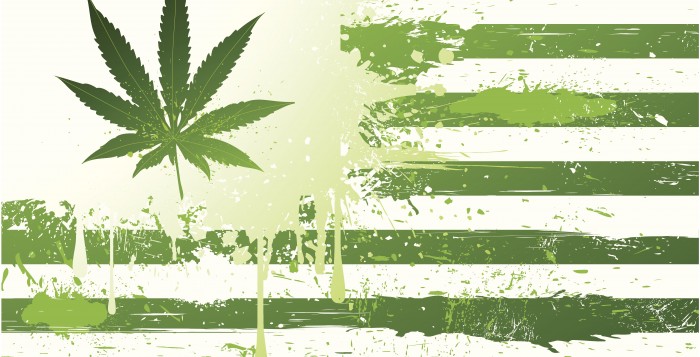Alaska? YES! Oregon? YES! Washington DC? YES! Guam? YES? Higher Ground? YES!
And while the referendum in Florida did not pass, let us give you some good news from the Sunshine State (where 58% of the voters supported medical marijuana initiative!). The issue brought out young voters, and they supported the measure big-time. Politicians from BOTH parties must now pay serious attention to States where marijuana is on the ballot, as young citizens will flood to the polls, and paying attention to geriatric politicians and other progressive causes as they vote on various important issues.
November brought a significant set of votes and victories. And once California joins the recreational realm in November of 2016 (after pioneering the medical dispensary vote in 1996), the catnip will be out of the bag. It’s a long ride, and looking up for the legalization movement.
For further analysis on the elections, votes on decriminalization, and future of legalization, here are the 5 fab articles on the subject.
http://www.cbsnews.com/news/2014-midterm-elections-marijuana-okd-in-alaska-oregon-washington-dc/
http://www.motherjones.com/mojo/2014/11/proposition-47-california-prisons-nonviolent
http://m.motherjones.com/politics/2014/11/map-united-states-legal-marijuana-2014-2016





